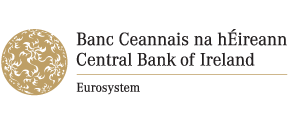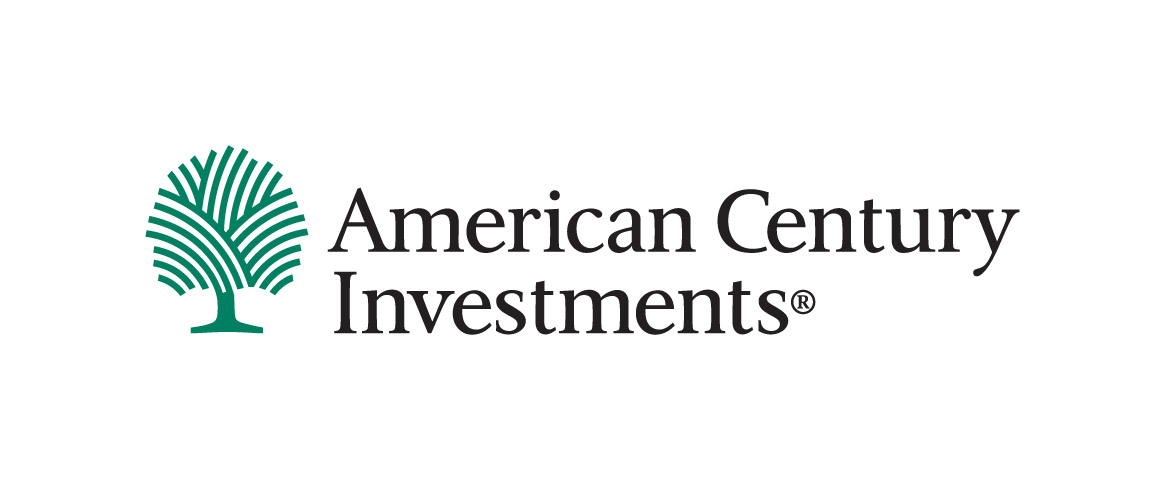Non-transparent ETFs have failed to make a splash in the US and without the same tax advantages in Europe, there are not many reasons why the structure will be successful this side of the pond.
When non-transparent ETFs will be approved by the Central Bank of Ireland (CBI) has been an ongoing discussion since the regulator’s discussion paper on ETFs in 2017.
At the time, the CBI made no changes to the requirements for asset managers to disclose their ETF holdings on a daily basis.
However, an update from the International Organisation of Securities Commissions (IOSCO) on its ETF Good Practices last year suggested the global watchdog is not wedded to daily disclosure requirements.
As a result, Irish lawyers have said the CBI plans to look into its daily disclosure requirement rules towards the end of this year.
“I understand the CBI does intend to look at [portfolio transparency rules],” Serger Dolomanov, partner at William Fry, said. “The industry will be hopeful that it results in a broader or flexible set of requirements, given that they are reviewing it in the context of the IOSCO paper.”
Despite the positive signals coming out of Ireland – the dominant country for domiciling ETFs – it is unclear whether there will be strong demand for the structure.
In the US, the structure is yet to catch fire. According to data from Bloomberg Intelligence, active non-transparent ETFs have seen just $2.1bn inflows since the start of 2023 versus $234bn net new assets for active ETFs that disclose their holdings daily, as at 5 June.
This is a damning indictment of the product structure’s popularity in the US and shows investors are comfortable with owning an active ETF that reveals its ‘secret sauce’ to the market.
Furthermore, Europe has seen a swathe of new active ETF entrants over the past 18 months from asset managers that are happy with the current regulatory environment. This includes American Century Investments, which announced its entry into European ETFs this week, AXA Investment Managers, Horizon Kinetics, abrdn and Investlinx.
“What was previously viewed as a barrier to entry is certainly not the deal breaker it once was,” Ciara O’Leary, partner at Dechert, said. “As such, the relaxing of the rules may not be viewed by the market as such a dramatic event as it would have been a few years ago.”








